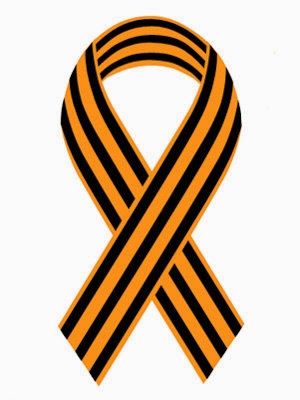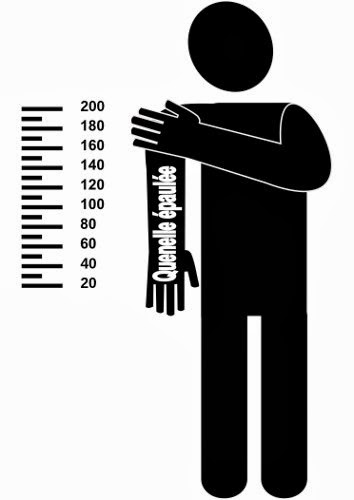It now appears that Intelligence Minister Gholam Hossein Mohseni Ejeie has been sacked and replaced by Majid Alavi. There are also reports of other ministers resigning. The Iranian Parliament is also appears to be involved in the crisis. There are also reports of direct disagreements between Ahmadinejad and Khamenei not only on the issue of the Vice Presidency but also on the issue of how the crackdown on the Guccis should be handled.
While it is impossible for me to ascertain what is really going on, one thing is sure: this is definitely a bad sign.
In the meantime, the Empire issued what is, in essence, an ultimatum to Iran: "either deal with us or be bombed". For course, this is not how this was presented to the world. The official version is that the "US proposal to negotiate with Iran is not open-ended". Ditto from Obama's bosses in Israel.
As for Obama, his trip to Russia was just like his trip to Egypt: replete with great speeches and absolutely lacking in any kind of concrete changes from Dubya's imperial policies. Even the absolutely useless "missile shield" in Europe (whose only imaginable purpose is to alienate Russia) is still officially on the US agenda.
Generally, is is quite clear that Obama is nothing more than a very charming and smart salesman for the exact same policies as the ones implemented by the USA since Clinton's election (and the Neocon takeover of power which followed it). "More of the same, only worse, but better packaged" appears to be the motto of the
Or take a look at the coup in Honduras. It literally *reeks* of Eliot Abrams and the rest of the Reagan's "crazies" and their murderous policies in Central America. Oh sure, the Obama Administration is (cautiously) condemned the coup, but the fact is that since the USA controls Honduras and the Honduran military at about 99.999999999999% it could have stopped the coup and restored Zelaya in 24-36 hours tops! So all that talk of the coup being "illegal" is just another new climax of US hypocrisy (at least the Reaganites would have been open about whom they support).
To top it all, the USA is now opening three bases in Colombia. Needless to say, Chavez got the message loud and clear.
Bottom line: the USraelian Empire is threatening military action against Iran and Latin America. In a way, the new US Administration is even more bellicose than the previous one. Dubya, having started three wars (Afghanistan, Iraq and Somalia) and lost all three of them could hardly be expected to start another three (Pakistan, Iran and Latin America) without triggering a massive outrage in the US (and worldwide) public opinion. However, Obama, with his "young and smart" image and with the full support of the Democratic Party in the USA is going to do just that.
Add to this another "cold" war with Russia and that's a grand total of SEVEN(!!) wars that the Empire is seriously pondering. Of course, Somalia is pretty much over, at least for now. For the time being, Iraq is more or less "frozen", and in Pakistan there is the illusion of "success" in the SWAT area. The cold war with Russia is not going to go "hot" and the same is true for Venezuela and Latin America. The Empire even has the option of choosing not to strike at Iran. Still, it is exceedingly unlikely that all these "minimal" options will be exercised by the US administration simultaneously. A far more likely approach is a one-by-one series of conflicts.
What is certain is that more wars are coming. Soon.
The Saker
PS: while I was writing this piece I got a phone call from Ron Paul's Campaign for Liberty asking me to support an audit of the Fed. In itself, this is a very sound idea, in particular since, here too, Obama is making things much worse. What worries me is the somewhat naive hope of the US libertarians that stuff like auditing the Fed could make a difference. It won't. The only chance for the USA to avoid a complete collapse (not unlike the one of the Soviet Union in 1991) is to bring down the entire Zionist-run imperial superstructure which drains it from all its resources (human and material) and the prerequisite first step to achieve that would be to openly denounce it. And that ain't gonna happen any time soon.





